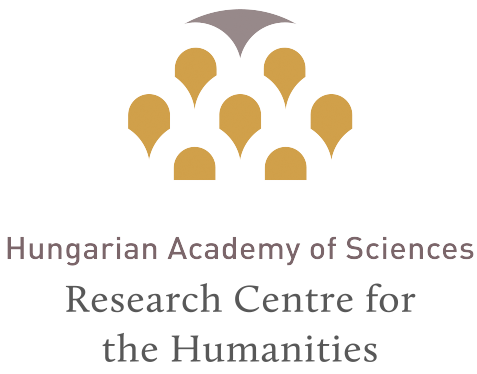Overview
Momentum Inegrating Families Research Group is supported by the Hungarian Academy of Sciences. The project entitled Integrating Families: Children and the Stepfamily in the Kingdom of Hungary (16–19th Centuries) runs for five years. The project aims to study the history of the pre-modern family in Hungary in a wider European context from a genuinely new perspective. Past families had to overcome troubles arising from the deaths of family members almost year by year due to famine, war and epidemic.
The most common social practice to secure the upbringing of children and family continuity was family recomposition by remarriage. Instead of focusing on family losses, this project will investigate the various forms and functions of stepfamilies and how stepfamilies evolved and survived. Stepfamilies, in which siblings, half-siblings and step-siblings lived together with parents and stepparents, have not yet been made a distinct area of study by historians, although they were just as (if not more) common in the past as they are today.
Historians, historical demographers, historical ethnographers, literary scientists and art historians collaborate in the team and employ both qualitative and quantitative methods and analyze written, visual and material sources in order to revisit the schematic view that these “abnormal” family formations were laden with conflicts, negative feelings and wicked stepparents.
Watch the video about research team!
MTA Lendület Családtörténet kutatás bemutatása – Mindentudás – M1 – 2017. jún. 16.
Közzétette: Lendület Családtörténeti Kutatócsoport – 2017. június 13., kedd


